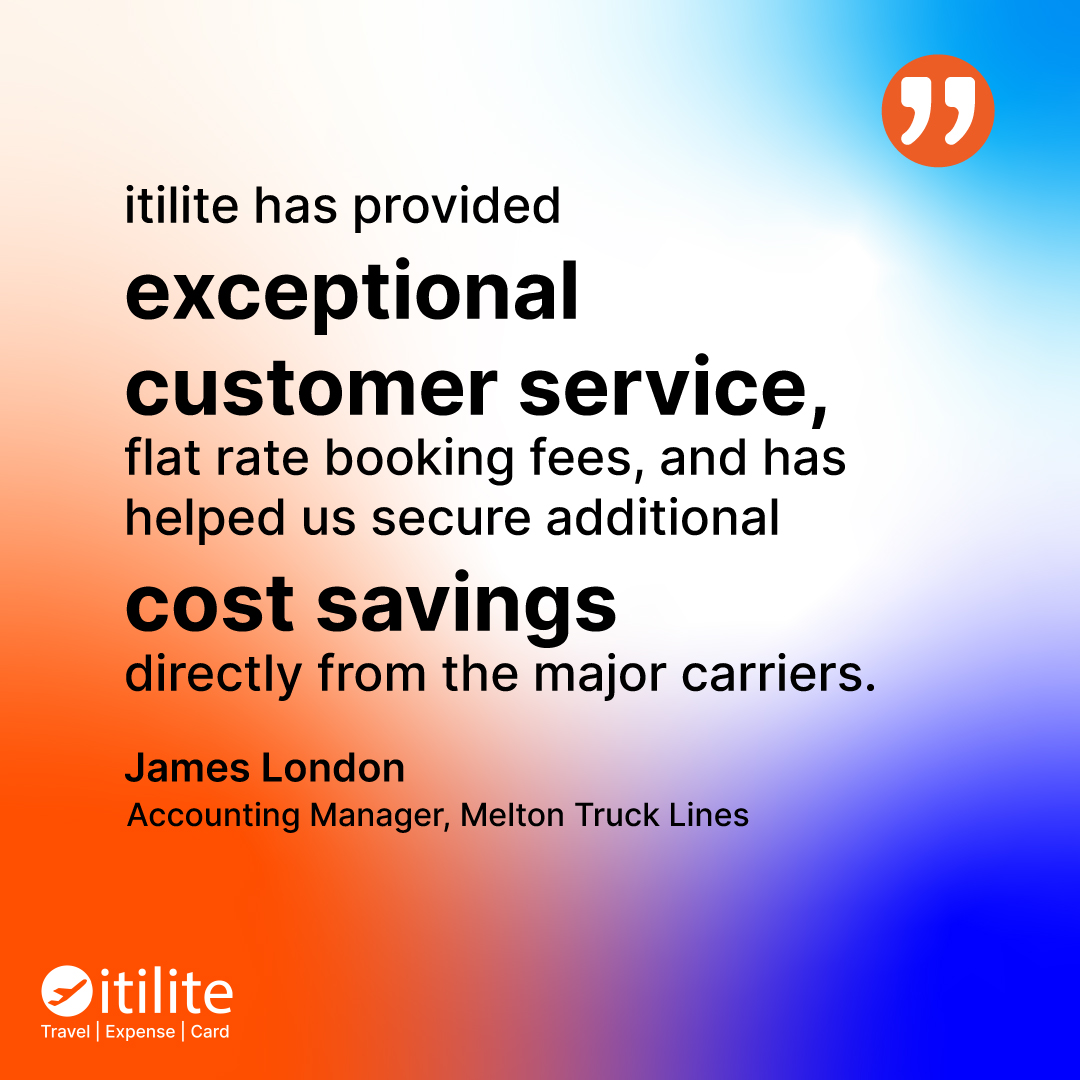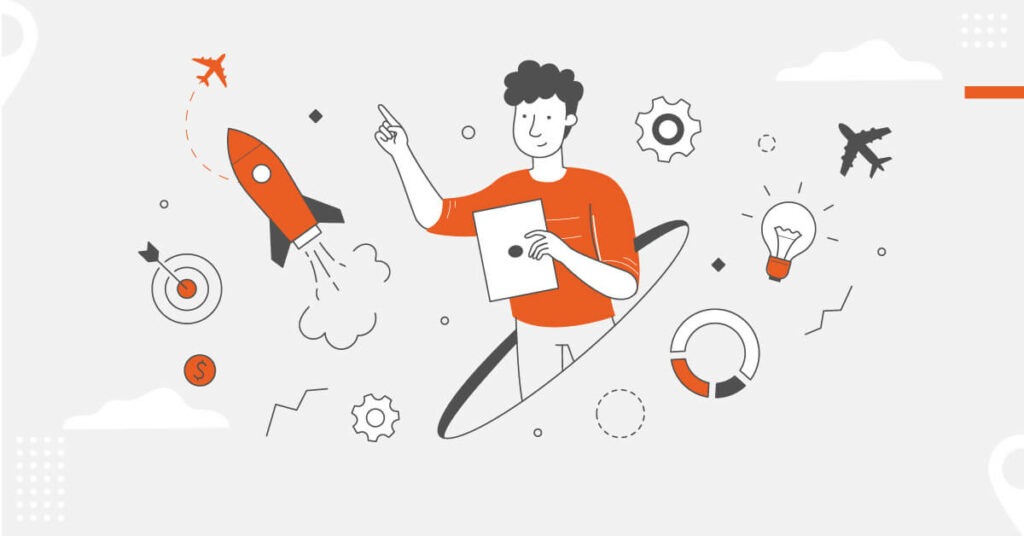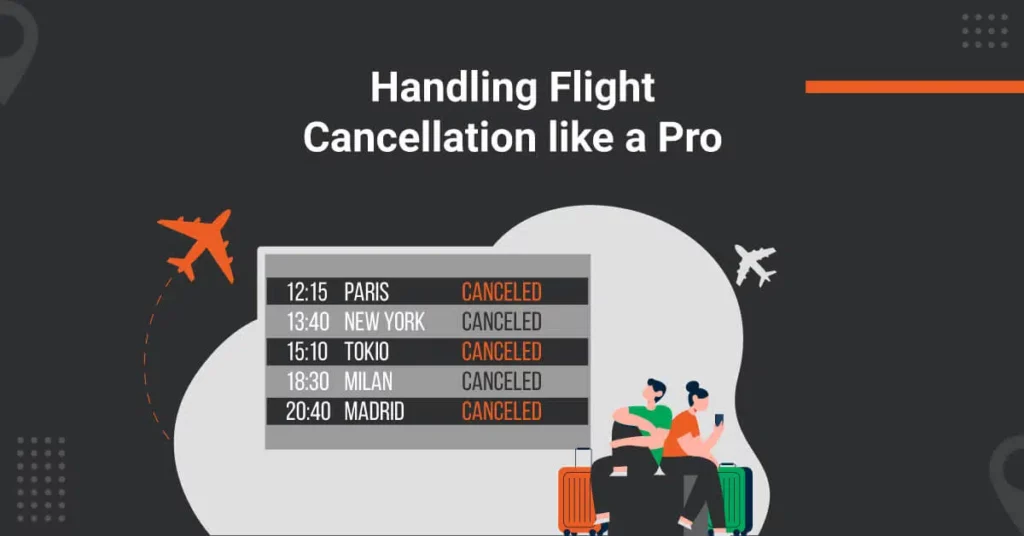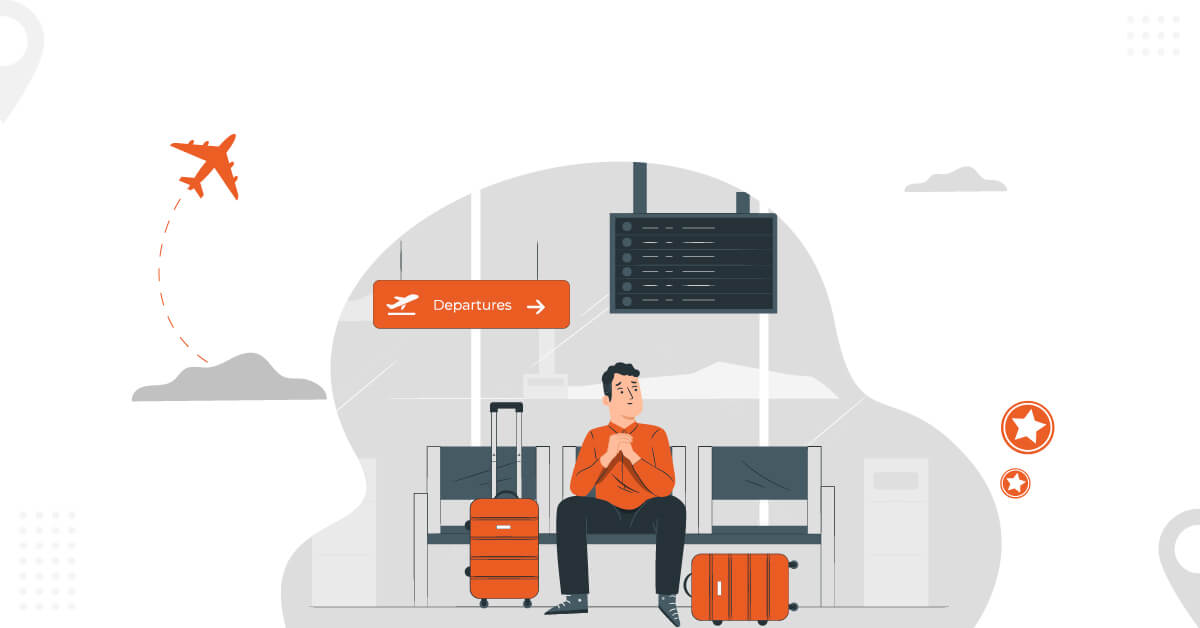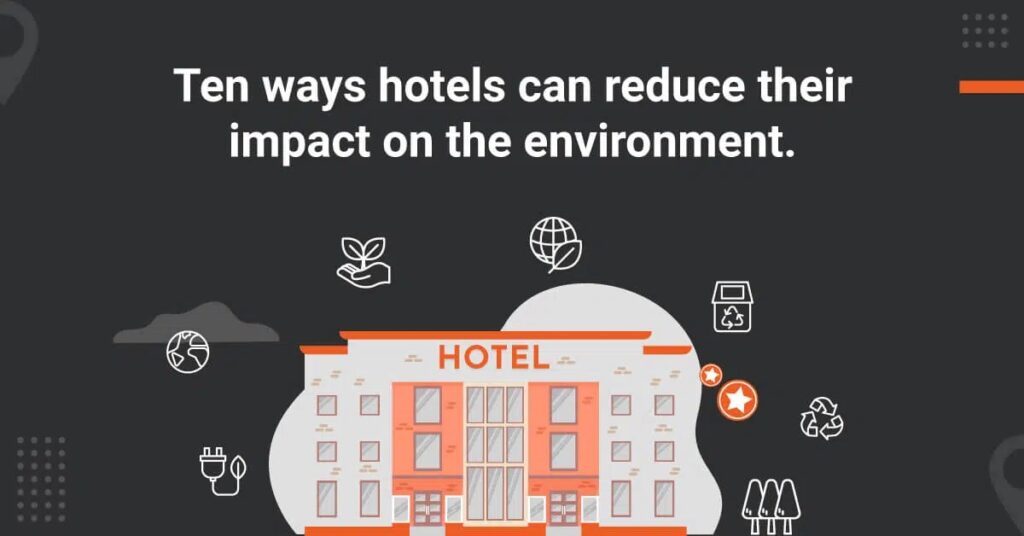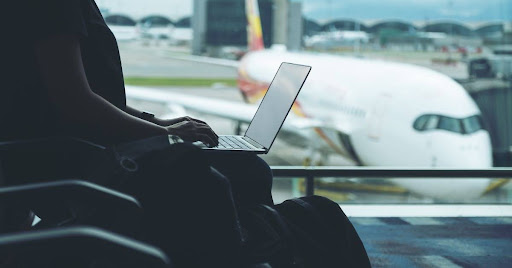
The Internet of Things (IoT) is revolutionizing business travel management by integrating advanced connectivity into every aspect of the travel experience. IoT enables seamless communication between devices, systems, and platforms, fostering a more innovative, more efficient travel ecosystem.
Beyond convenience, it provides companies with actionable data insights, enhances security measures, and streamlines processes, all while offering tailored experiences for travelers. As businesses increasingly prioritize personalization and efficiency in travel, IoT emerges as a critical tool for addressing these demands.
IoT’s influence is evident in connected airports, smart luggage solutions, and automated hotel systems. Travelers can now enjoy biometric check-ins, real-time baggage tracking, and intelligent room controls that adapt to their preferences.
These innovations simplify journeys, reduce inefficiencies, and improve overall satisfaction. Real-time monitoring and predictive analytics ensure that disruptions are managed proactively, minimizing organization downtime and costs.
The financial implications are substantial, with global IoT spending projected to exceed $1 trillion by 2026. This rapid growth highlights the travel industry’s embrace of IoT technologies to drive innovation and efficiency.
From energy-saving systems in hotels to predictive maintenance in transportation, IoT is shaping a future where corporate travel management is more interconnected, adaptive, and traveler-focused than ever before.
IoT in Travel Management: An Overview
IoT, or the Internet of Things, refers to a network of interconnected devices communicating and exchanging data through the Internet. This enables automation, real-time monitoring, and intelligent decision-making.
IoT integrates systems, platforms, and devices in the business travel sector to create a cohesive and streamlined travel management ecosystem. This technology empowers organizations to enhance operational efficiency, improve traveler experiences, and address real-time challenges.
1. Automation of Manual Processes
IoT simplifies travel logistics by automating repetitive tasks such as booking flights, checking in at airports, and managing hotel check-ins. Devices like biometric kiosks and mobile apps connected to IoT networks streamline these processes, reducing time and human intervention. For instance, travelers can use IoT-enabled systems to automatically confirm bookings and check flight statuses, minimizing delays and improving scheduling efficiency.
2. Real-Time Tracking of Travel Components
IoT solutions provide unparalleled visibility into the travel experience through real-time tracking. For example, intelligent luggage tags allow travelers to monitor their bags via mobile apps, while GPS systems offer up-to-the-minute updates on flight statuses and delays. Additionally, IoT-enabled sensors in airports and transportation hubs ensure prompt tracking of disruptions, enabling proactive responses by travel management professionals.
3. Personalized Travel Experiences
IoT enhances personalization by adapting to individual traveler preferences. Connected hotel systems can adjust room temperatures, lighting, and entertainment options before guests arrive. Meanwhile, platforms can leverage IoT data to recommend routes, restaurants, or services tailored to specific needs, ensuring a smoother and more enjoyable journey.
4. Enhanced Safety and Security
Safety is a top priority for business travelers, and IoT plays a significant role in mitigating risks. IoT-enabled devices, such as wearable health monitors, provide real-time alerts for medical emergencies, while GPS tracking ensures employee location updates during critical situations. Enhanced airport security measures, powered by IoT sensors and biometric authentication, also contribute to safer travel environments.
By integrating IoT into travel management, organizations enhance efficiency and provide a more connected, secure, and traveler-centric experience. As IoT continues to evolve, its applications in business travel are set to redefine the industry, offering new levels of convenience and innovation.
The Growing Demand for IoT in Travel Management
The demand for IoT-driven solutions in corporate travel is rising due to its ability to address key pain points like lost luggage, delayed flights, and impersonal services. Research indicates that companies adopting IoT for travel management have seen a 15% reduction in operational costs and a 30% improvement in traveler satisfaction.
Moreover, IoT aligns with sustainability goals, as smart technologies enable energy efficiency in hotels, transportation, and office spaces, contributing to reduced carbon footprints.
Critical Applications of IoT in Business Travel
1. Connected Airports: Revolutionizing Passenger Experiences
Airports worldwide are integrating IoT to enhance operational efficiency and traveler satisfaction. IoT devices like sensors, cameras, and RFID tags create a connected ecosystem. Notable advancements include:
- Automated Check-Ins: Biometric kiosks powered by IoT reduce check-in times and enhance security.
- Smart Baggage Handling: RFID-enabled baggage tags allow travelers to track their luggage in real-time, minimizing the chances of loss.
- Passenger Flow Optimization: Sensors monitor foot traffic and adjust staffing at security checkpoints, reducing congestion.
According to SITA’s 2023 report, 83% of airports plan to invest in IoT-enabled solutions by 2025, citing improved operational efficiency as the primary driver.
2. Smart Luggage: Enhancing Convenience and Security
Smart luggage equipped with IoT capabilities is transforming baggage management for corporate travelers. Features include:
- GPS Tracking: Travelers can monitor their luggage location via mobile apps.
- Weight Sensors: IoT-enabled bags notify users if they exceed airline weight limits.
- Built-In Chargers: Power banks integrated into luggage allow travelers to charge devices.
The global smart luggage market is projected to grow at a compound annual growth rate (CAGR) of 20.4% between 2021 and 2028. This growth reflects the increasing demand for convenience and security in travel.
3. Personalized Hotel Stays: IoT in Hospitality
IoT is revolutionizing the hospitality industry by creating personalized and efficient guest experiences. Hotels can adjust room settings through interconnected devices to align with guest preferences before check-in. Applications include:
- Smart Thermostats: Rooms automatically set to the guest’s preferred temperature.
- Voice-Activated Controls: Devices like Alexa and Google Assistant allow guests to control lighting, entertainment, and curtains.
- Energy Optimization: IoT ensures unused appliances are powered down, promoting sustainability.
According to a 2023 Deloitte survey, 70% of business travelers preferred IoT-enabled hotel features, citing comfort and customization as critical benefits.
4. Real-Time Tracking and Disruption Management
Travel disruptions, such as delayed flights or rescheduled meetings, are common in corporate travel. IoT provides real-time data to help travelers adapt to these changes effectively. Capabilities include:
- Flight Delay Notifications: Sensors at airports detect delays and send updates to travelers.
- Alternative Arrangements: IoT-integrated travel platforms recommend alternative routes or accommodations in real-time.
- Predictive Analytics: IoT-enabled systems anticipate disruptions based on weather patterns or traffic conditions.
A McKinsey study shows that companies using IoT for disruption management experience 20% fewer delays and significantly improved employee satisfaction.
Statistical Insights into IoT’s Impact on Travel Management
IoT Market Growth in Travel
- Global IoT spending is expected to exceed $1 trillion by 2026, driven by sectors like travel and hospitality.
- Connected airports have reduced average security and check-in times by 30%, improving traveler efficiency.
Traveler Benefits
- 25% improvement in satisfaction among business travelers using IoT-enabled systems.
- Smart luggage adoption has reduced lost baggage incidents by 50% in regions with high IoT penetration.
- Businesses leveraging IoT report annual cost savings of up to 15% on logistics and travel expenses.
2025 Trends in IoT for Travel Management
The Internet of Things (IoT) is advancing rapidly and is poised to revolutionize travel management by 2025. IoT significantly improves efficiency, safety, and personalization by integrating smart devices and networks into travel systems. Below is an in-depth look at key trends shaping the travel management landscape.
1. Wearable Technology
Wearables like smartwatches, fitness trackers, and augmented reality (AR) glasses are increasingly becoming indispensable tools for business travelers. These devices provide real-time access to vital information, offering navigation assistance, health monitoring, and immediate updates on travel schedules. Wearables are not just tools for convenience—they enhance safety and decision-making during travel.
For instance, airlines like Delta integrate smartwatches into their ecosystem, allowing passengers to receive gate changes, flight delays, and boarding notifications directly on their devices. This integration reduces the dependence on smartphones or printed itineraries.
Similarly, AR glasses, like those developed by Vuzix, are gaining traction for their ability to guide travelers through large, complex airports. These glasses overlay visual directions and helpful prompts onto the user’s view, simplifying locating terminals or lounges in unfamiliar settings.
Health monitoring is another critical feature of wearables, particularly during long business trips where fatigue and jet lag are common. Devices like the Oura Ring and Garmin smartwatches track vital signs like heart rate, oxygen levels, and sleep quality. They provide travelers and employers with actionable data to ensure well-being and peak performance during important meetings or conferences.
2. Autonomous Vehicles
IoT-enabled autonomous vehicles are reshaping ground transportation for corporate travelers. Integrating with travel management platforms allows self-driving cars and shuttles to provide a seamless and efficient experience, minimizing transit times and reducing travel-related stress. These vehicles communicate with city infrastructure and IoT networks, offering optimized routes based on real-time traffic conditions.
A notable example is Waymo, which operates self-driving taxis in Phoenix. These vehicles are programmed to calculate the fastest and safest routes, making them highly reliable for time-sensitive business trips.
Similarly, companies like Tesla are developing autonomous “robotaxis” that align with eco-friendly goals and reduce business transportation costs. The ability to book these vehicles through corporate travel platforms ensures a hassle-free experience for travelers.
Corporate campuses and airports are also adopting autonomous shuttles like Navya’s. These vehicles are handy in extensive facilities providing point-to-point connectivity, such as transporting employees from parking lots to terminals. Their IoT
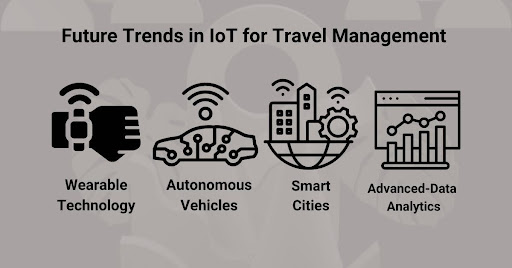
3. Smart Cities
The concept of intelligent cities, underpinned by IoT technology, is transforming urban infrastructure to support seamless travel experiences. Business travelers benefit from interconnected systems that include intelligent traffic management, IoT-powered public transportation, and smart hotel services.
Cities like Singapore are leading the way in adopting IoT to enhance public transport systems. Sensors installed in buses and trains monitor occupancy levels, predict maintenance needs, and adjust routes dynamically to prevent overcrowding. This ensures travelers move efficiently through the city, even during peak hours. Similarly, Dubai’s traffic systems use IoT-enabled cameras and AI algorithms to minimize congestion, making it easier for corporate travelers to navigate busy roads.
Smart cities are also revolutionizing accommodations. Marriott hotels, for example, use IoT to automate check-ins and customize guest rooms. Travelers can adjust room lighting, temperature, and entertainment settings through a mobile app, ensuring a comfortable and personalized stay. These advancements reflect how IoT enhances both the utility and the luxury of business travel.
4. Advanced-Data Analytics
IoT combined with AI and machine learning enables travel management systems to leverage advanced data analytics. This allows businesses to extract insights from travel patterns, forecast expenses, and offer tailored solutions to travelers. Predictive analytics, in particular, is becoming a cornerstone of efficient travel management.
Platforms like Egencia analyze IoT-generated data to identify trends in travel behavior. For instance, the system may detect employees frequently booking expensive flights during specific seasons and recommend earlier bookings or alternative routes. These insights enable businesses to optimize budgets without compromising traveler comfort.
IoT also empowers real-time disruption management. Travel management platforms with IoT sensors can monitor weather disruptions, airline strikes, or route closures. They automatically notify travelers and rebook accommodations or flights as needed, minimizing delays. Airlines like Lufthansa use IoT for predictive maintenance, proactively resolving aircraft issues to prevent schedule disruptions.
Moreover, IoT is helping companies meet sustainability goals. Devices track carbon emissions from business travel and suggest eco-friendly options such as electric vehicles or green-certified hotels. Platforms like TripActions integrate these insights into corporate travel policies, promoting environmentally responsible choices.
IoT’s influence on travel management is set to redefine the industry by 2025. From wearables and autonomous vehicles to smart cities and advanced analytics, these trends offer unprecedented efficiency, personalization, and sustainability opportunities. Businesses that adopt these technologies will enhance their travel programs and create safer, smarter, and more seamless experiences for their employees.
Challenges in IoT Adoption for Travel Management
Despite its transformative potential, IoT in travel management faces challenges such as:
1. Data Security Risks
IoT devices significantly enhance travel management processes but come with vulnerabilities to cyberattacks. These attacks can expose sensitive traveler data, such as personal identification, itineraries, and payment details, leading to privacy breaches and financial losses.
Weak encryption protocols, unpatched firmware, and unsecured networks are common issues that cybercriminals exploit. For example, an IoT-enabled innovative luggage system could be hacked to track a traveler’s location or gain unauthorized access to their stored data.
Organizations must prioritize cybersecurity measures like robust encryption, multi-factor authentication, and regular system updates to address this.
2. High Initial Costs
The initial investment required to implement IoT solutions can be prohibitive for smaller companies. Costs include purchasing IoT devices, integrating them with existing platforms, and training staff to use them effectively. Maintenance, software updates, and cybersecurity expenses further compound the financial burden.
For instance, outfitting a corporate travel program with smart luggage tracking or IoT-enabled transportation systems could cost thousands of dollars per device or system, making adoption more feasible for giant corporations. Despite these challenges, companies with the resources to invest often see improved efficiency and cost savings in the long run.
3. System Interoperability
Ensuring seamless integration between IoT devices and travel management platforms remains a critical challenge due to varying communication protocols and device standards. Many IoT systems are proprietary, causing compatibility issues that disrupt workflows and limit operational efficiency.
For example, smart luggage may fail to synchronize with an airline’s baggage tracking system, or a hotel’s IoT-enabled room controls might not align with a travel management app. Standardization initiatives are underway, but these integration challenges will persist until universal protocols are widely adopted, resulting in inefficiencies and additional troubleshooting costs.
However, advancements in cybersecurity, standardization, and cost-effective IoT solutions are gradually overcoming these hurdles.
A Connected Future for Travel Management
IoT revolutionizes travel management by creating a connected, efficient, personalized ecosystem for corporate travelers. From connected airports that streamline processes to intelligent luggage and real-time disruption management, IoT delivers significant benefits, including cost reduction and operational efficiency.
As adoption rates increase and technology evolves, IoT is set to redefine business travel, offering seamless and sustainable solutions. For businesses, embracing IoT is no longer an innovation but a necessity.
By leveraging IoT, companies can enhance traveler experiences through data-driven insights, optimize budgets, and stay competitive in an increasingly fast-paced global market. With smart systems enabling real-time tracking, predictive analytics, and energy-efficient operations, IoT represents the future of business travel, creating opportunities for greater productivity and improved employee satisfaction.
Integrating IoT into travel management is shaping a transformative future, blending technology and strategy to meet modern corporate travel demands effectively.


